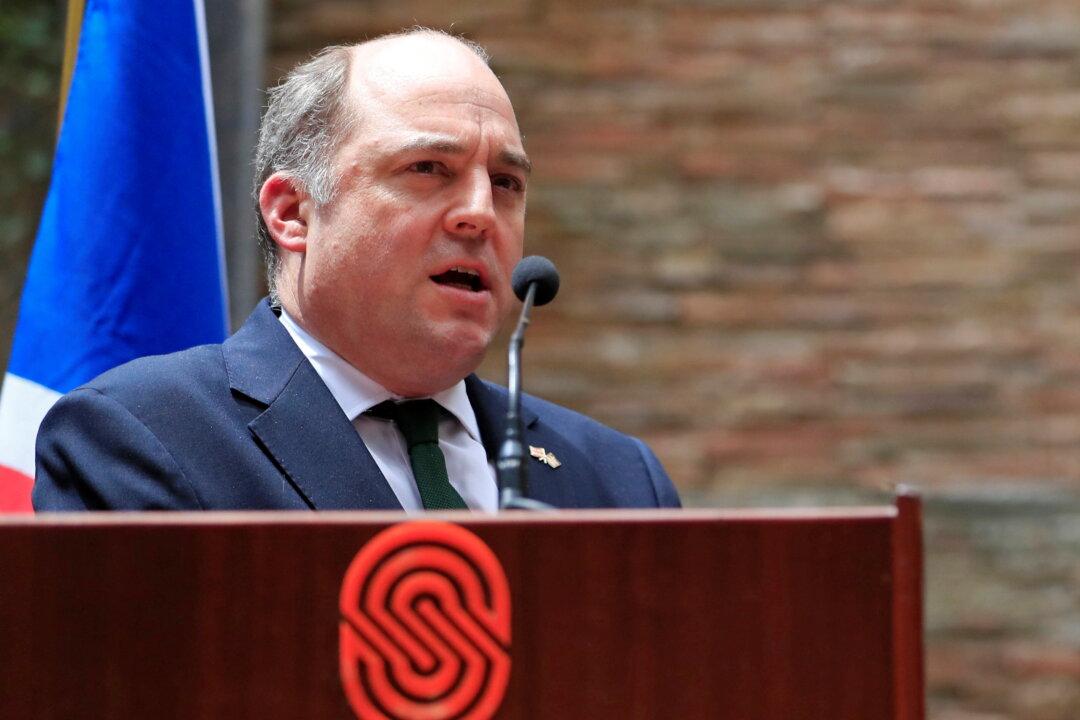Evacuating most UK citizens and eligible Afghans before the United States’ end-of-month deadline will be a challenging task, the UK’s Defence Secretary Ben Wallace said.
Writing in the Mail on Sunday, Wallace said that the flow of processing is hindered by overcrowding in Kabul airport.





